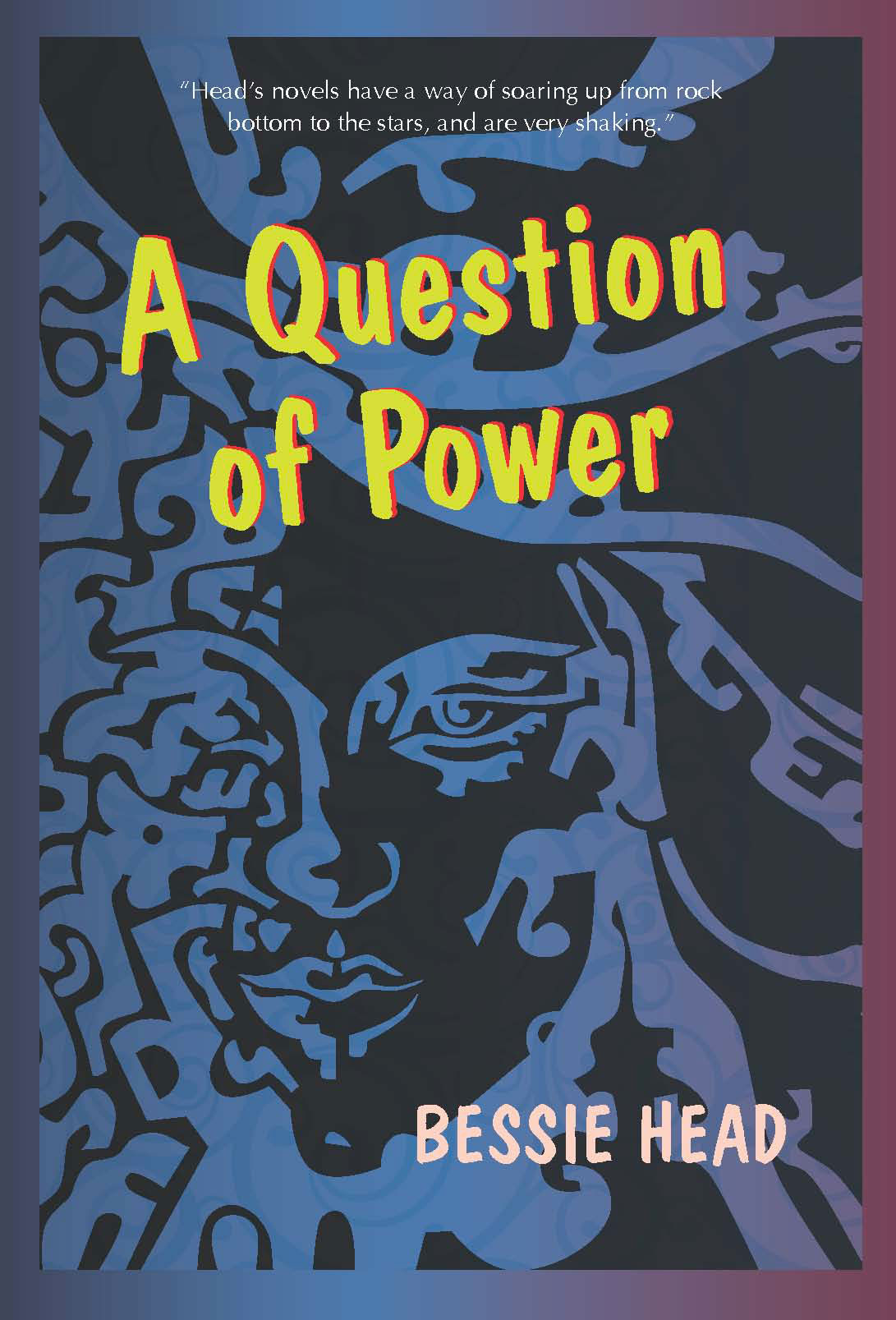“Bessie Head’s fiction transcends the narrow themes and tropes of postcolonial African fiction—the victimology of European imperialism. Her narrative is universal and enduring—the human condition, creatively woven into tales of overcoming personal struggles.” — BioDun Ogundayo, University of Pittsburgh, Bradford
“I’ve used the text many times. It’s a fabulous novel. Waveland Press does a service to all scholars who choose to teach the book. I also am grateful for Waveland taking up a good number of other African and Caribbean books that were discontinued.” — Robert Cancel, University of San Diego
“Very appreciative of your efforts to keep this book in print. It’s a really important one in the history of African literature.” — Simon Lewis, College of Charleston
“This is a wonderful novel by the great Bessie Head. It speaks to our twenty-first-century students.” — Eileen Barrett, California State University, East Bay
“Bessie Head’s vision of the separation of the mentally sick, and her ability to give mind-suffering a kind of picture language, convey a positively medieval horror. She brilliantly develops ascending degrees of personal isolation and is very moving when she describes abating pain. Her novels have a way of soaring up from rock bottom to the stars, and are very shaking.” — The Sunday Times

223 pages, $17.50 list
1-4786-3469-3
978-1-4786-3469-0
© 1974
paperback
eBook availability
Similar Titles
A Question of Power
“It wasn’t any kind of physical stamina that kept her going, but a vague, instinctive pattern of normal human decencies combined with the work she did, the people she met each day and the unfolding of a project with exciting inventive possibilities. But a person eventually becomes a replica of the inner demons he battles with. Any kind of demon is more powerful than normal human decencies, because such things do not exist for him.” — Bessie Head
In this fast-paced, semi-autobiographical novel, Head exposes the complicated life of Elizabeth, whose reality is intermingled with nightmarish dreams and hallucinations. Like the author, Elizabeth was conceived out-of-wedlock; her mother was white and her father black—a union outlawed in apartheid South Africa. Elizabeth eventually leaves with her young son to live in Botswana, a country less oppressed by colonial domination, where she finds stability for herself and her son by working on an experimental farm.
As readers grow to know Elizabeth, they experience the inner chaos that threatens her stability, and her constant struggle to emerge from the torment of her dreams. There she is plagued by two men, Sello and Dan, who represent complex notions of politics, sex, religion, individuality, and the blurred line between good and evil. Elizabeth’s troubling but amazing roller-coaster ride ends in an unfettered discovery.
In this fast-paced, semi-autobiographical novel, Head exposes the complicated life of Elizabeth, whose reality is intermingled with nightmarish dreams and hallucinations. Like the author, Elizabeth was conceived out-of-wedlock; her mother was white and her father black—a union outlawed in apartheid South Africa. Elizabeth eventually leaves with her young son to live in Botswana, a country less oppressed by colonial domination, where she finds stability for herself and her son by working on an experimental farm.
As readers grow to know Elizabeth, they experience the inner chaos that threatens her stability, and her constant struggle to emerge from the torment of her dreams. There she is plagued by two men, Sello and Dan, who represent complex notions of politics, sex, religion, individuality, and the blurred line between good and evil. Elizabeth’s troubling but amazing roller-coaster ride ends in an unfettered discovery.
Reactions